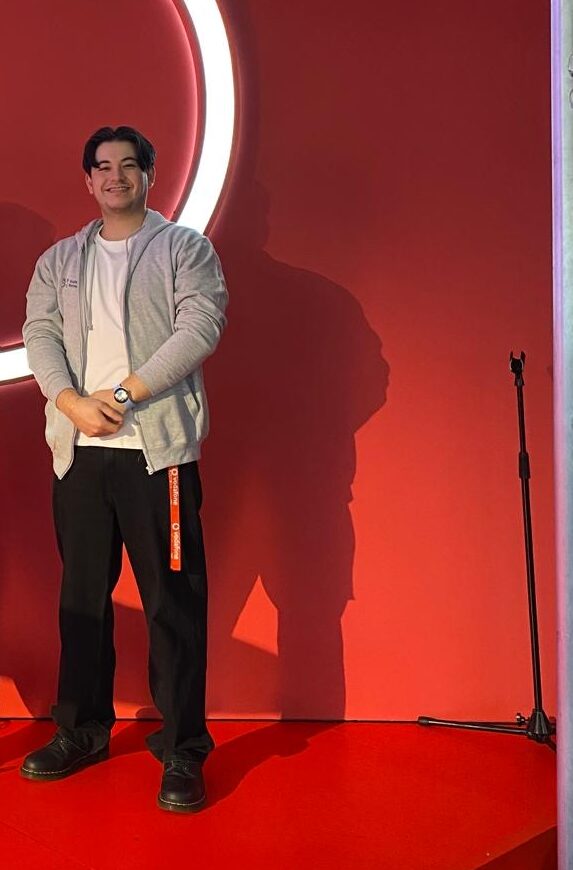
14th June 2022
My Mental Health Journey at Vodafone
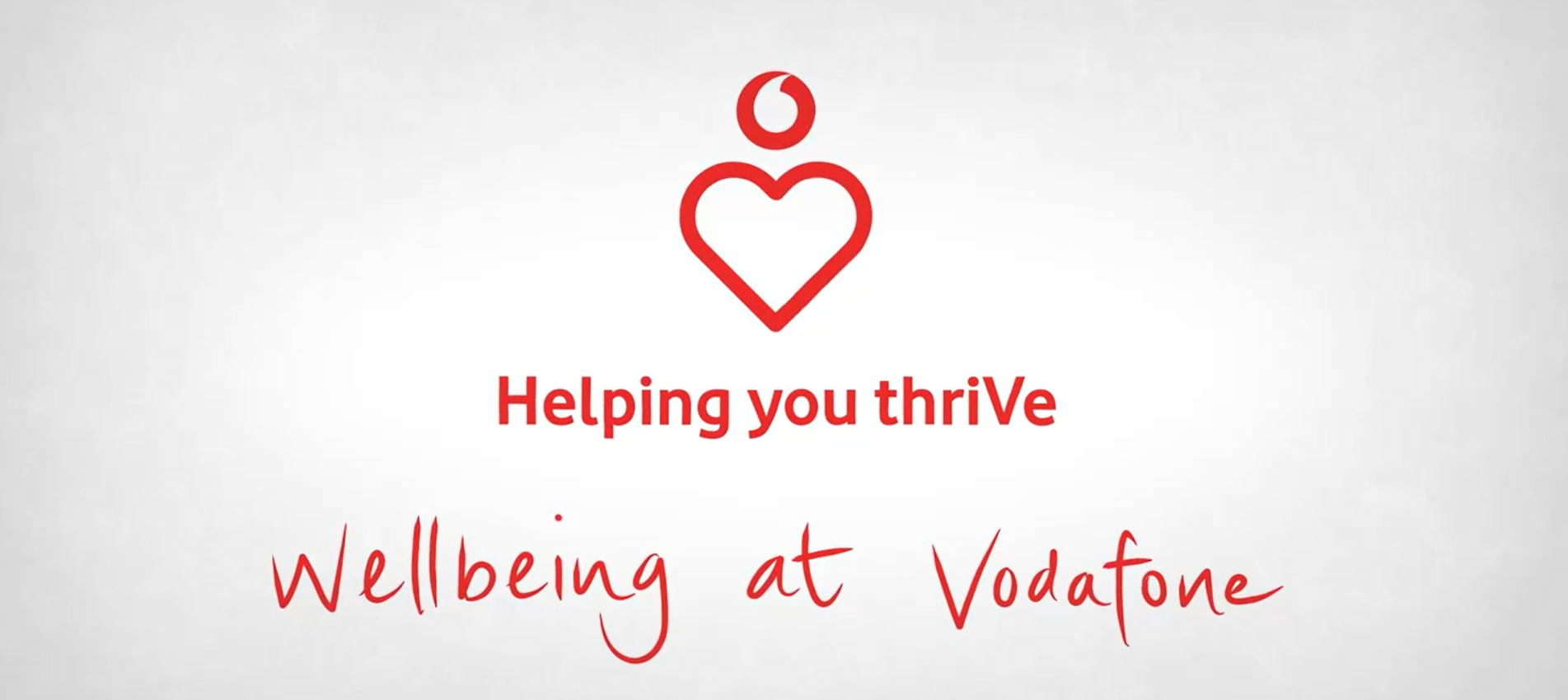
Hello, my name is David Lindley and I am a Software Engineering Manager here at Vodafone UK. With 9 years experience in web development, I have worked at Vodafone for 4 years and in my day job, I manage a team of brilliant software engineers and I'm also the technical product owner for Vodafone’s shared component library.
Throughout my working life I have experienced varying degrees of anxiety.
Recently it was Mental Health Awareness week and Vodafone held many events to promote this. I took part by presenting my journey with mental health difficulties to my team and how it has impacted me.
However it's important that we talk about Mental Health throughout the year so I wanted to continue sharing my story and outlining the things that have helped me - I hope you find this useful throughout your own journey!
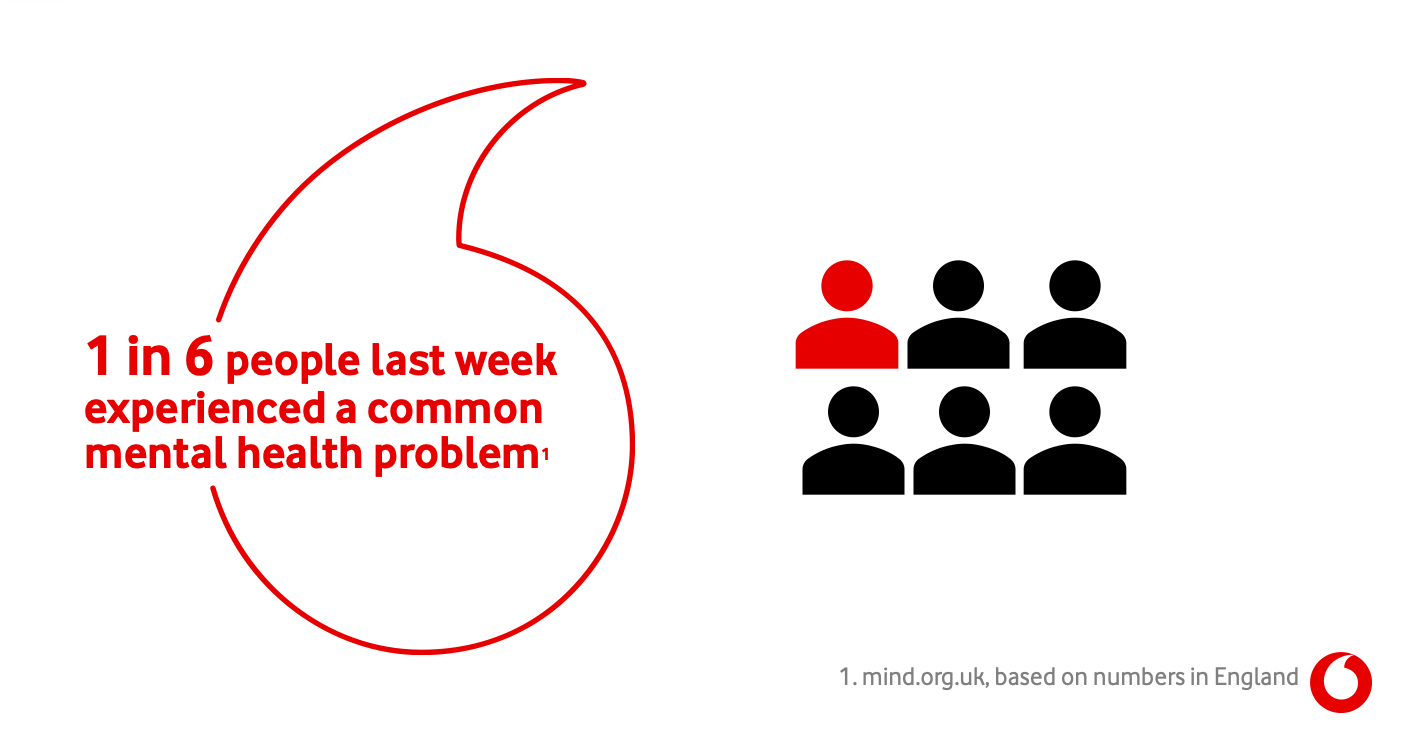
What does anxiety look like for you in the workplace?
While at work, I have found I suffer from imposter syndrome. Imposter syndrome is often defined as an internal feeling that you are not as good as other people perceive you to be.
For me, it’s the feeling that those around me are much better at their roles than I am, that I am a fraud and will be found out one day and shown the door. Let me be clear, there is no evidence to these claims – for me it’s purely a state of anxiety. This means that on occasions when at work, I feel like I am failing when I am not and so I believe I need to wear a mask to hide my anxiety.
Within my industry of front-end development, I see that imposter syndrome is a common challenge and I think this is due to the fast-paced environment we work in. Technologies change rapidly and it seems just as you have got the understanding of the latest and greatest technology, another even greater technology comes along, and the process starts again.
Thankfully, whilst working at Vodafone, I have found the people I work with to be very accommodating to mental health challenges. Within my first year working at Vodafone, I was put forward to do a two-day training course on becoming a mental health first aider. This course opened my eyes to other mental health difficulties and the stark reality that many people suffer from mental health challenges every year.
As a people manager, I now find being a mental health first aider vitally important to my role. I have had many conversations over the last few years with people going through all sorts of mental health challenges and I have been able to actively support them.
Following sharing my journey with my team the support I received was fantastic. It also opened more conversations with other individuals who also were suffering in silence.
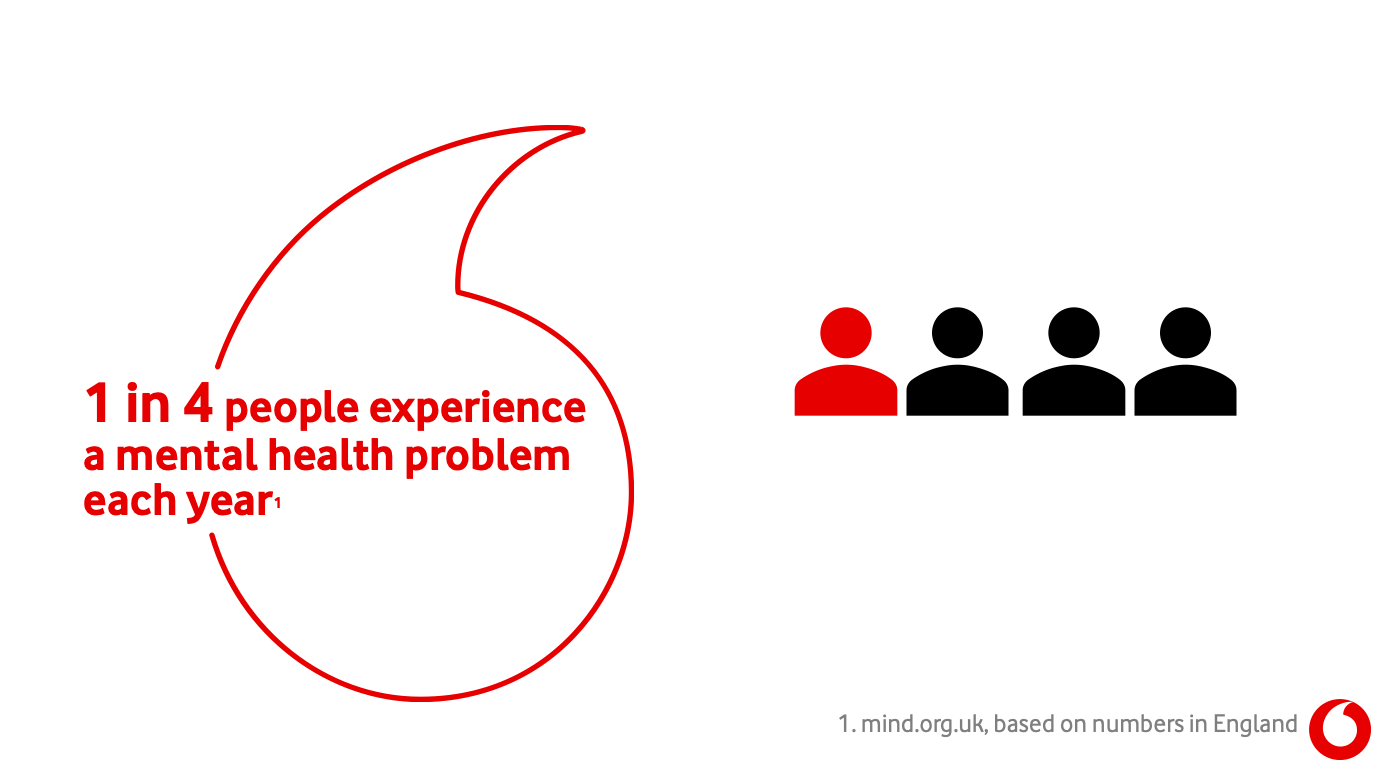
What do you do to support your mental health?
On my journey I have found the following things helpful in supporting my mental health. This is not an exhaustive list, nor is it the silver bullet and everyone’s journey is different.
Talking
I have someone I speak to on a regular basis. I found speaking about the way I felt refreshing and this person has helped challenge my thinking. I encourage you to find a trusted person to talk to – talking things through often makes the anxiety have a lesser hold on your life. This person could be a counsellor, a mentor, or for Vodafone employees, a mental health first aider. My anxiety tells me not to share, that it should stay a secret but not talking about it only makes it worse.
Healthy diet
Having a good diet and drinking water can have a remarkable impact on your wellbeing.
Exercise
Going for a walk at lunch time can not only open our eyes to the beauty of the natural world but also refresh our brains for the second half of the day. It’s amazing how a good breath of fresh air can help our mood.
Limiting social media
For me, social media was a trigger for my imposter syndrome. I put limits in place to ensure I didn’t get absorbed in what other people were doing and focus on the good things happening in my own life instead.
Some of the things I have done to control my anxieties might not work for you – but I do encourage everyone to be more open – reduce the stigma around talking about mental health – and be kind to each other, you never know what someone else is going through until you walk in their shoes!
We truly do care about our employees' wellbeing
Vodafone has a wealth of resources available to employees to support having good mental health, from the mental health first aiders through to a dedicated employee assistance programme

 Albania
Albania  Czech Republic
Czech Republic  Deutschland
Deutschland  Greece
Greece  Ireland
Ireland  Italy
Italy  Luxembourg
Luxembourg  Netherlands
Netherlands  Portugal
Portugal  Romania
Romania  Spain
Spain  United Kingdom
United Kingdom  Asia-Pac Middle East
Asia-Pac Middle East  Turkey
Turkey  DR Congo
DR Congo  Egypt
Egypt  Ghana
Ghana 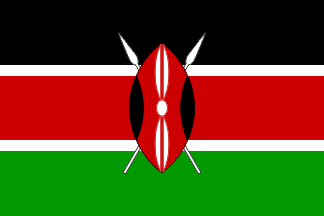 Kenya
Kenya  Lesotho
Lesotho  Mozambique
Mozambique  Nigeria
Nigeria  South Africa
South Africa  Tanzania
Tanzania 
